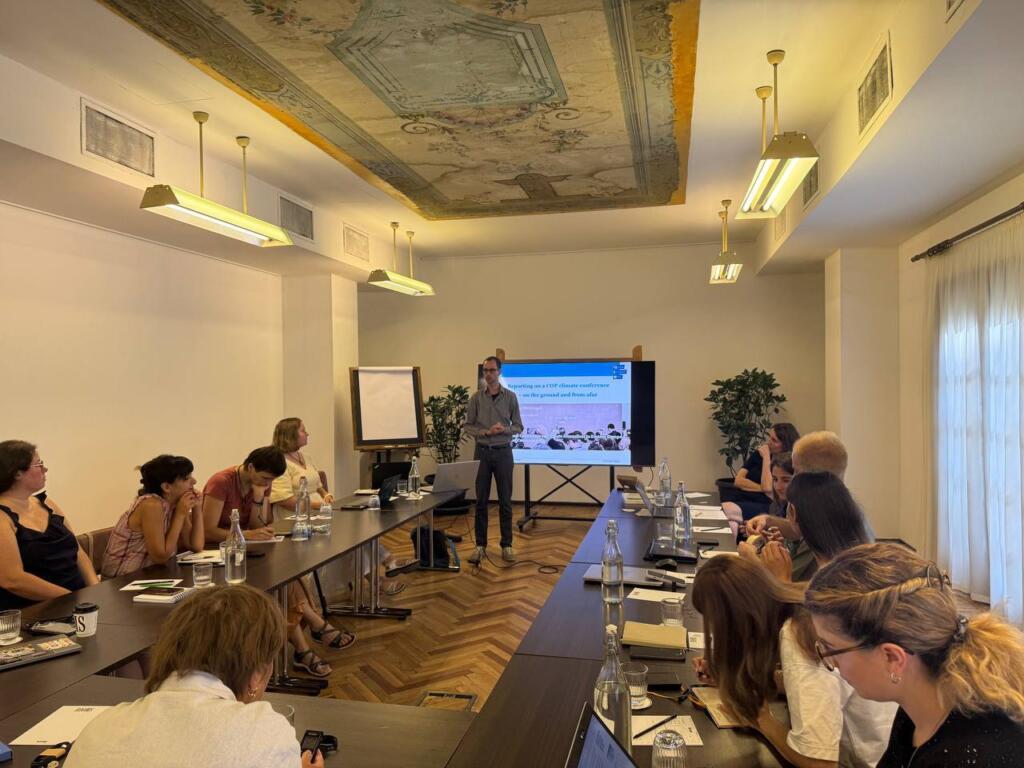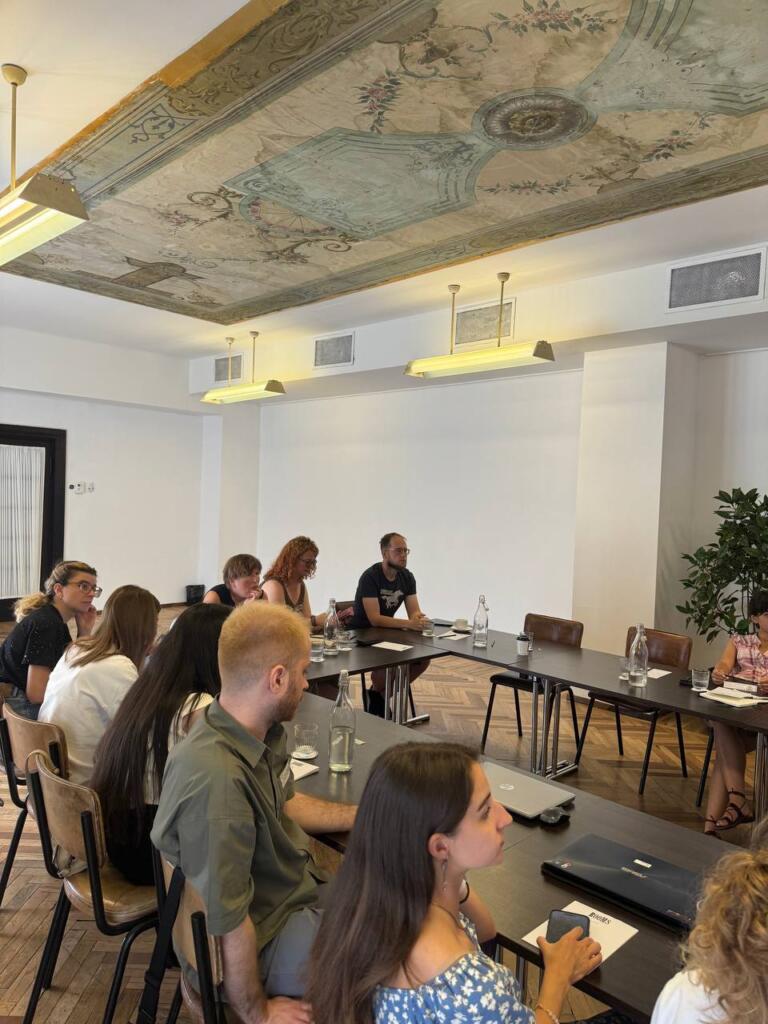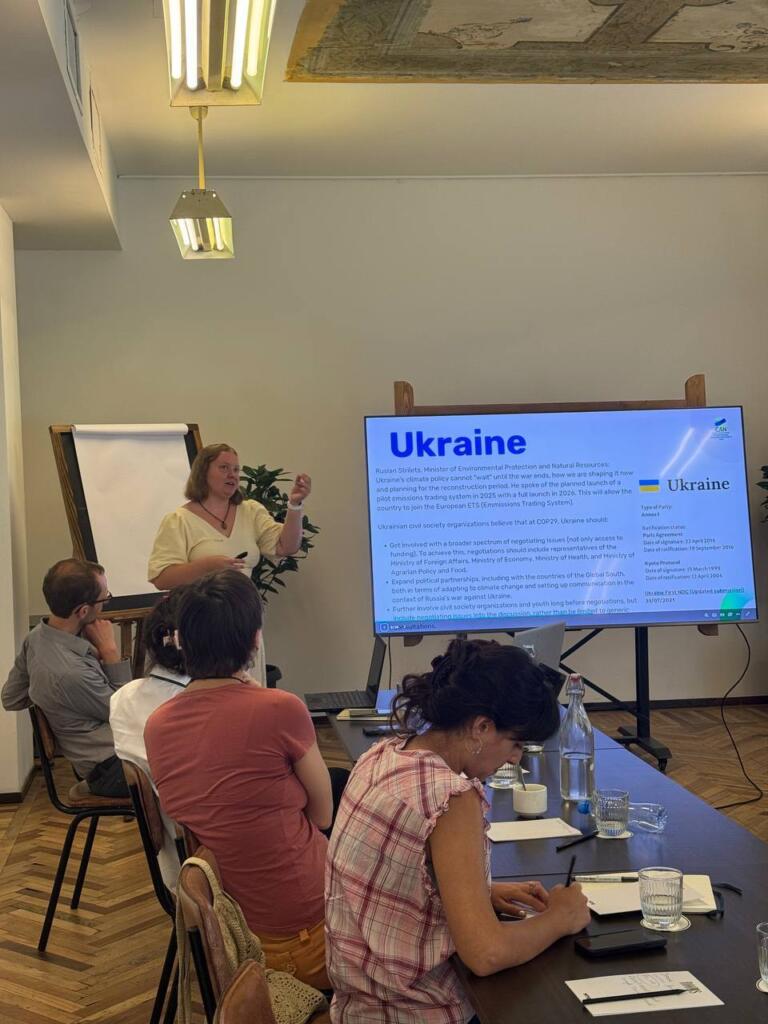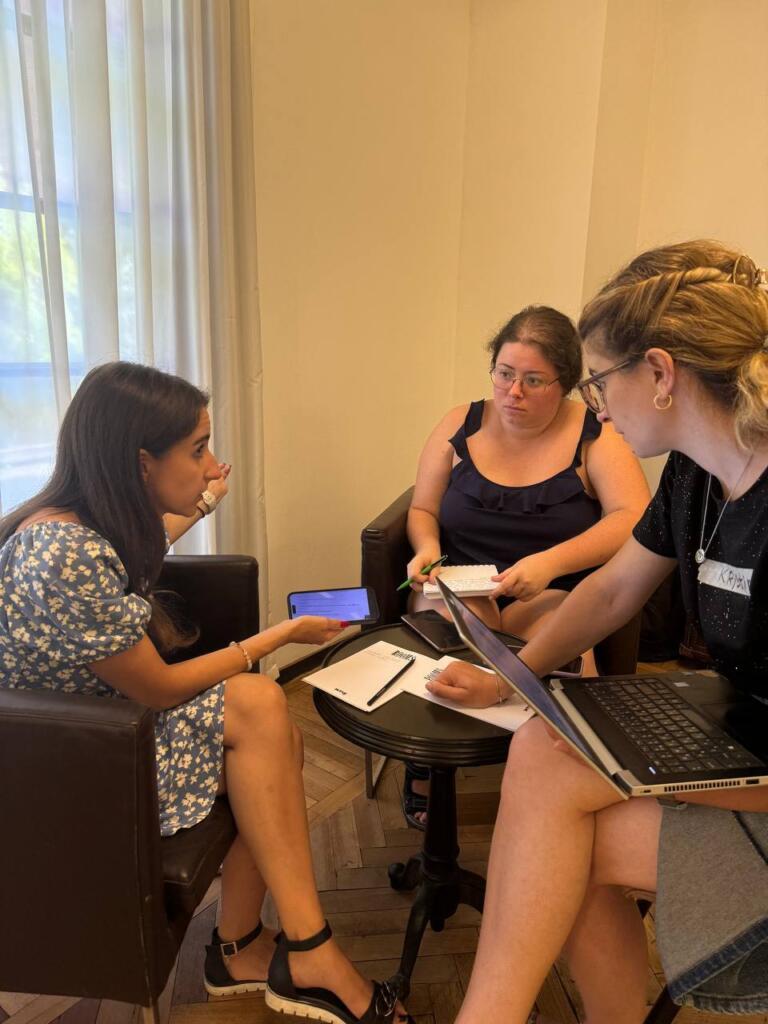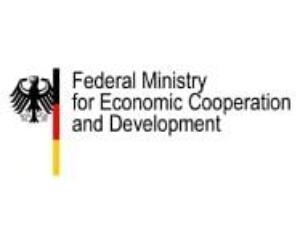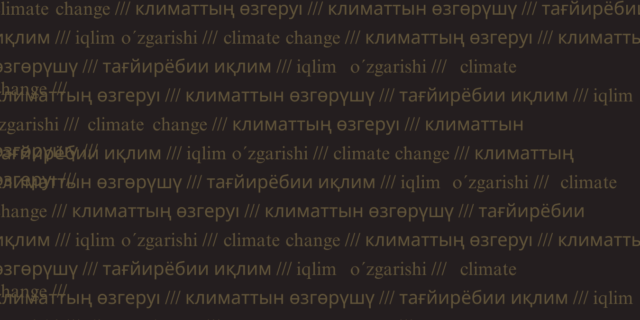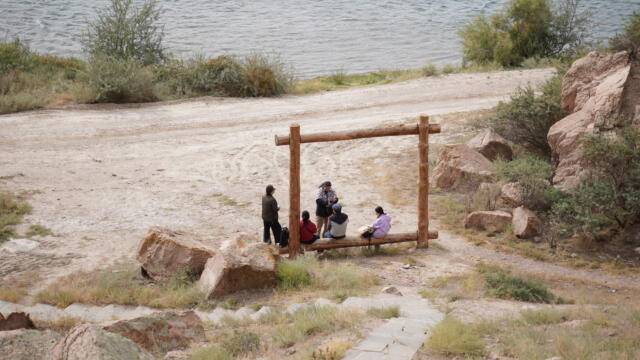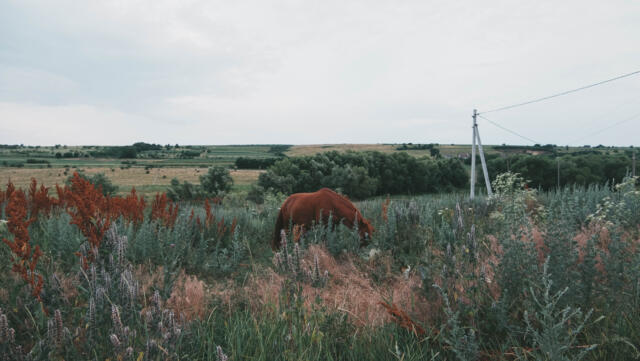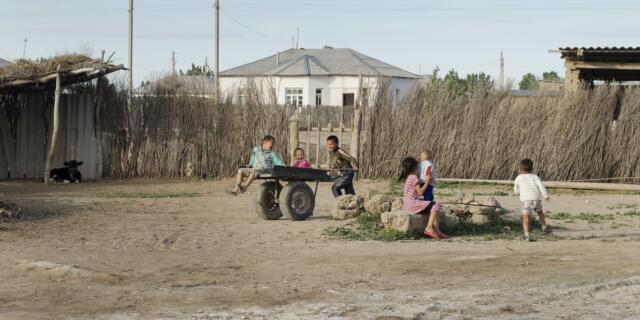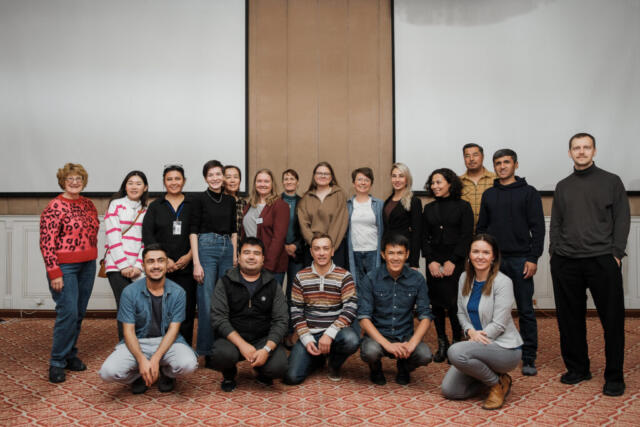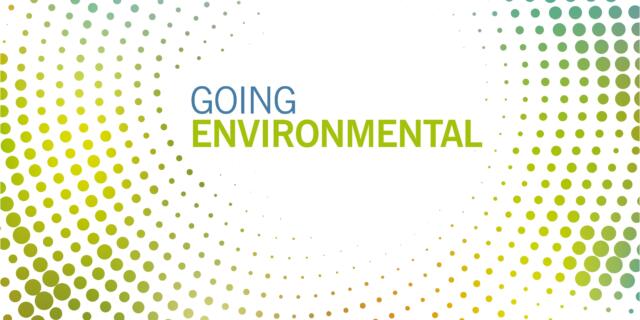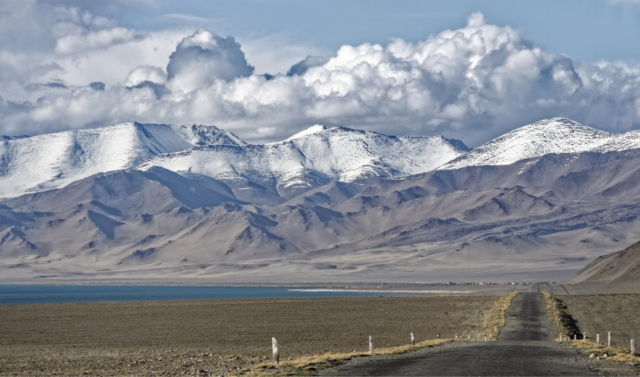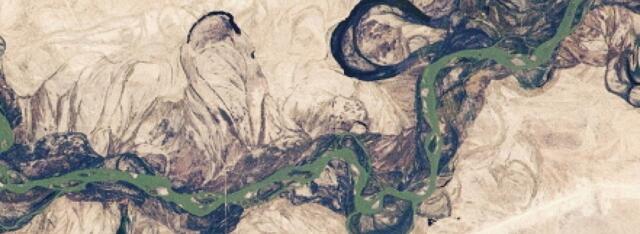On 27th August, 2024, twenty journalists from in-depth partner countries (Armenia, Belarus, Georgia, and Ukraine) participated in the pre-conference workshop conducted by Julian Wettengel, staff correspondent for Clean Energy Wire, and Olha Boiko, CAN EECCA Coordinator.
In his presentation, Julian focused on COP29's venue details, the schedule, and the main issues the media is expected to report on, such as climate finance, new climate action plans (NDCs), fossil fuel use, renewable energy targets, and the intricacies of Article 6. The presentation emphasized the need for journalists to focus on specific stories and come prepared for the complexities of climate negotiations. It also highlighted strategies for localizing the global narrative of climate change to engage regional audiences.
Additional advice for journalists included leveraging available resources and networks, such as the UN website, climate communication networks, and tools like guides and newsletters. The presentation urged reporters to collaborate across borders, use creative approaches to make climate stories appealing, and involve local experts to make the climate crisis relatable to their communities.
Olha Boiko discussed the role of Eastern European and Caucasus countries at COPs and the importance of media and civil society organization cooperation, emphasizing the need for coordinated storytelling, access to the right contacts, advocacy efforts, and participation in networks like communEECCAtors.
She also addressed the challenges and opportunities anticipated at COP29, including potential access issues for NGOs and media, topics of political sensitivity like human rights, and the growing influence of fossil fuel lobbyists. However, she also noted opportunities to increase the visibility of the EECCA region.
